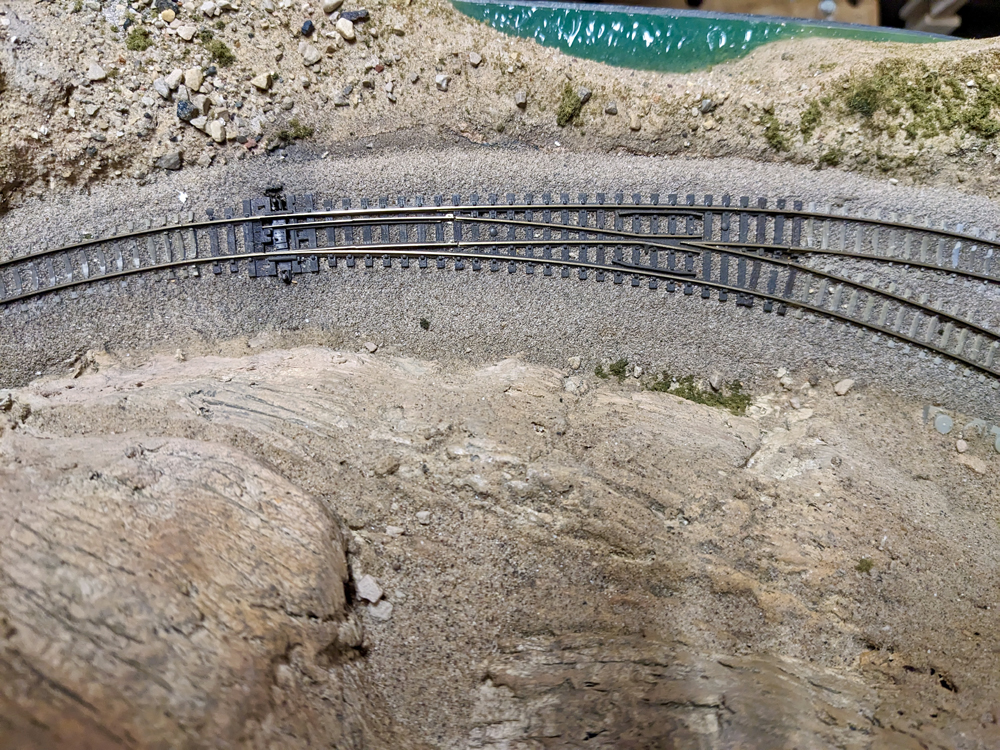
Are you building a siding or a yard? Or are you in the process of planning an N scale layout but not sure what turnouts are available? This N scale turnout roundup should help to answer some questions you may have. Turnouts (also referred to as switches) are pieces of track that allow a train […]
Read More…
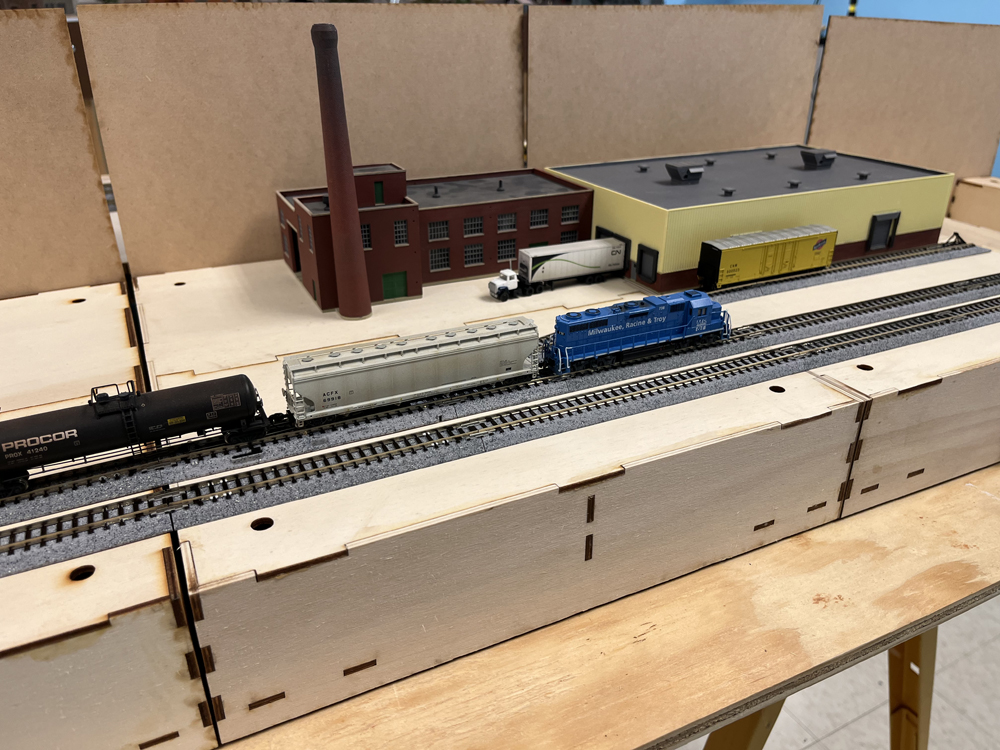
Modelers David Popp, Brian Schmidt, and Bryson Sleppy add Kato Unitrack to their modular T-TRAK N scale layout. T-TRAK is a modular N scale railroading system that uses foot-wide boxes plugged together to build tabletop layouts. In this third installment, the trio demonstrates how to build, wire, and install the Kato N scale Unitrack to […]
Read More…
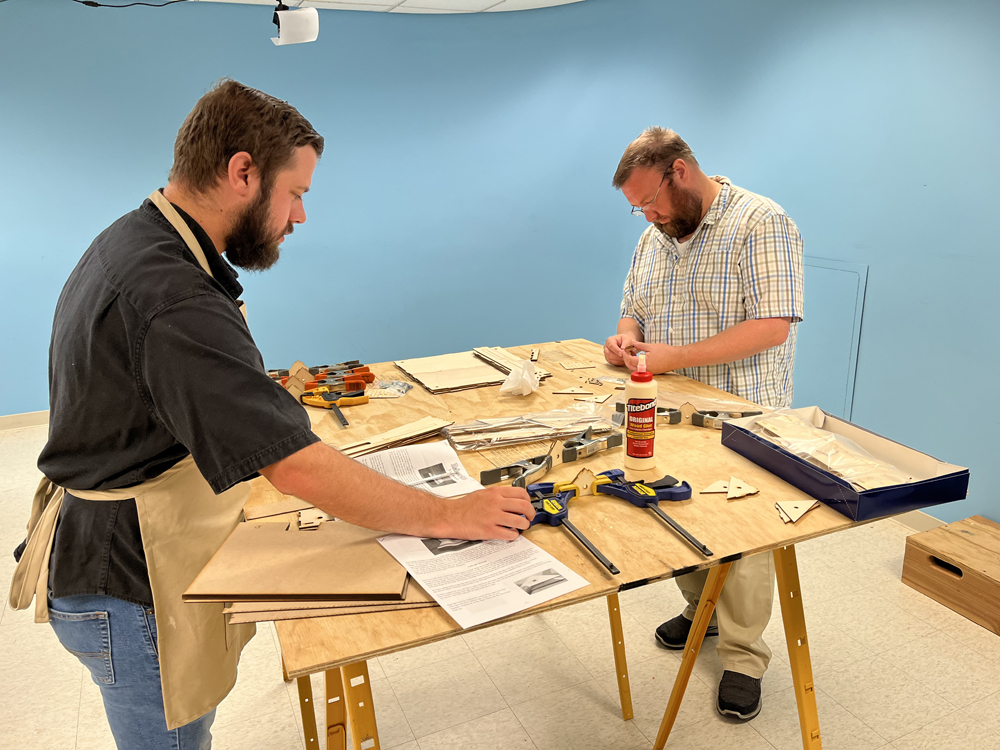
Modelers David Popp, Brian Schmidt, and Bryson Sleppy continue their series of projects to build a modular T-Trak N scale layout. T-Trak is a modular N scale railroading system that uses foot-wide boxes that can be plugged together to build tabletop layouts. In this second installment, the team demonstrates how to build RS Laser Kit […]
Read More…
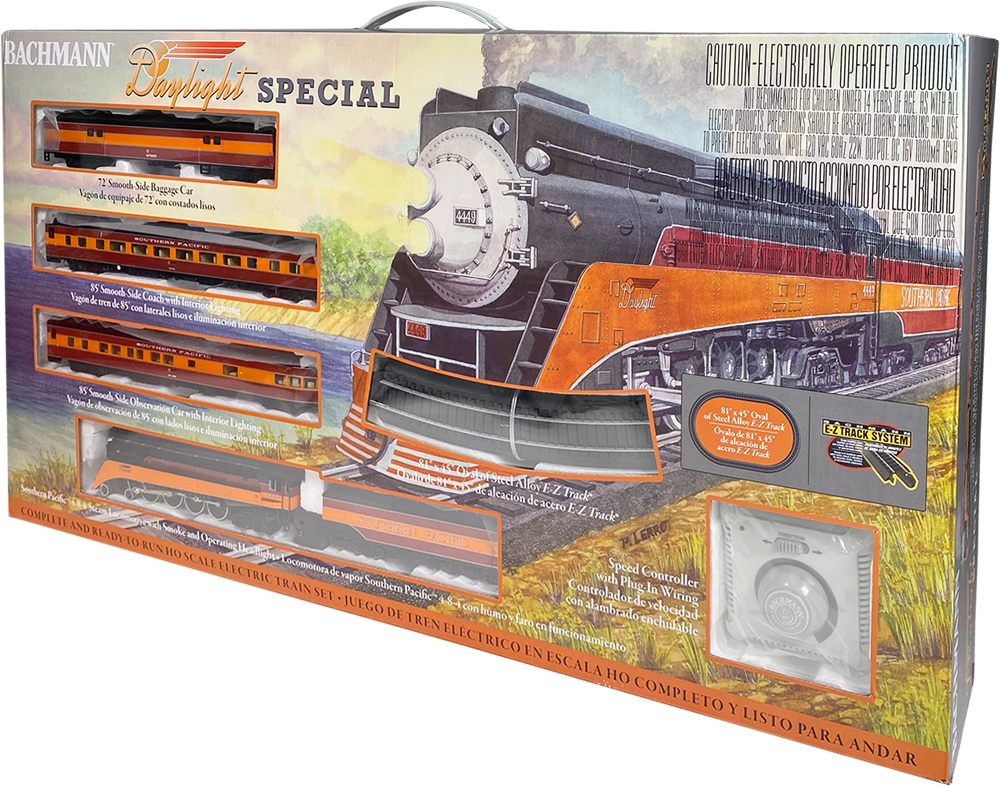
If you’ve read Model Railroader magazine for any length of time, you’ve probably noticed the hobby journey for many of our authors started with a train set. For baby boomers, born between 1946 and 1964, the set was often produced by Lionel or American Flyer. Fast forward a generation or two, and those sets were […]
Read More…
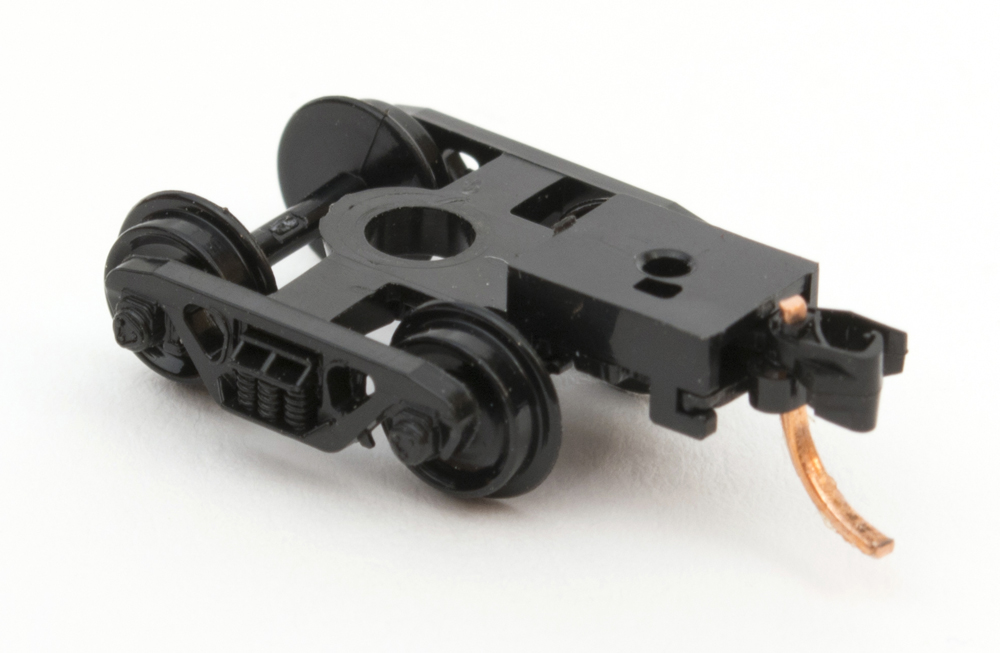
In the 60-plus years that N scale has been around, there has been a great deal of change in couplers. Rapido, an early manufacturer of N scale models (not to be confused with today’s Rapido Trains), let other companies use its coupler design. The wedge-front coupler, which was used on most N scale models (except […]
Read More…
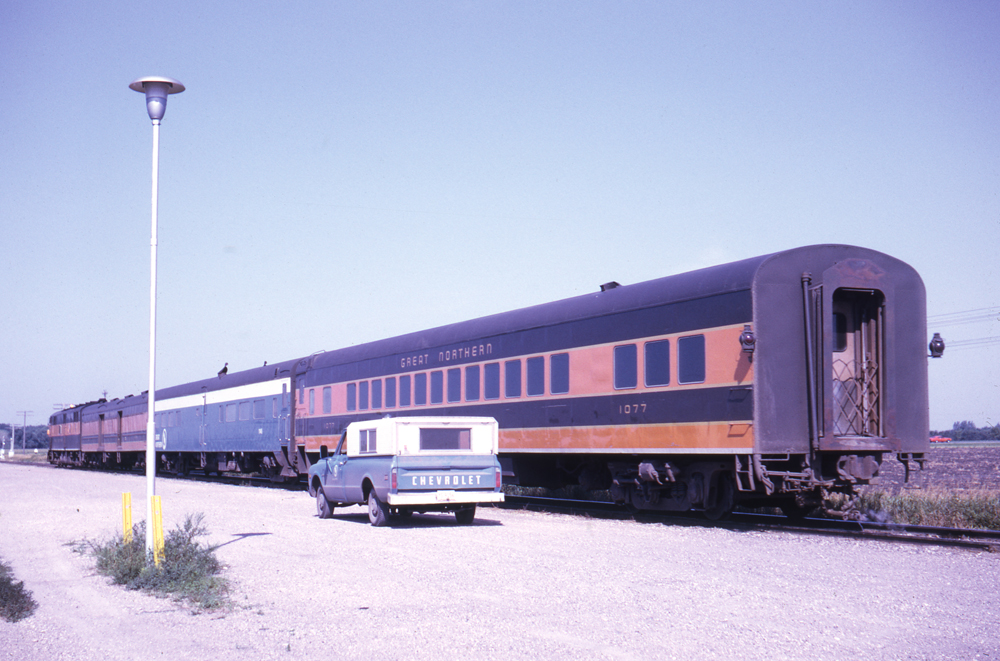
When you think of Burlington Northern, passenger service may not be the first thing that comes to mind. But from March 2, 1970 (Burlington Northern’s first day) to April 30, 1971 (the day before Amtrak started operations), the railroad offered passenger service. Among the name trains were the Empire Builder, Mainstreeter, North Coast Limited, and […]
Read More…
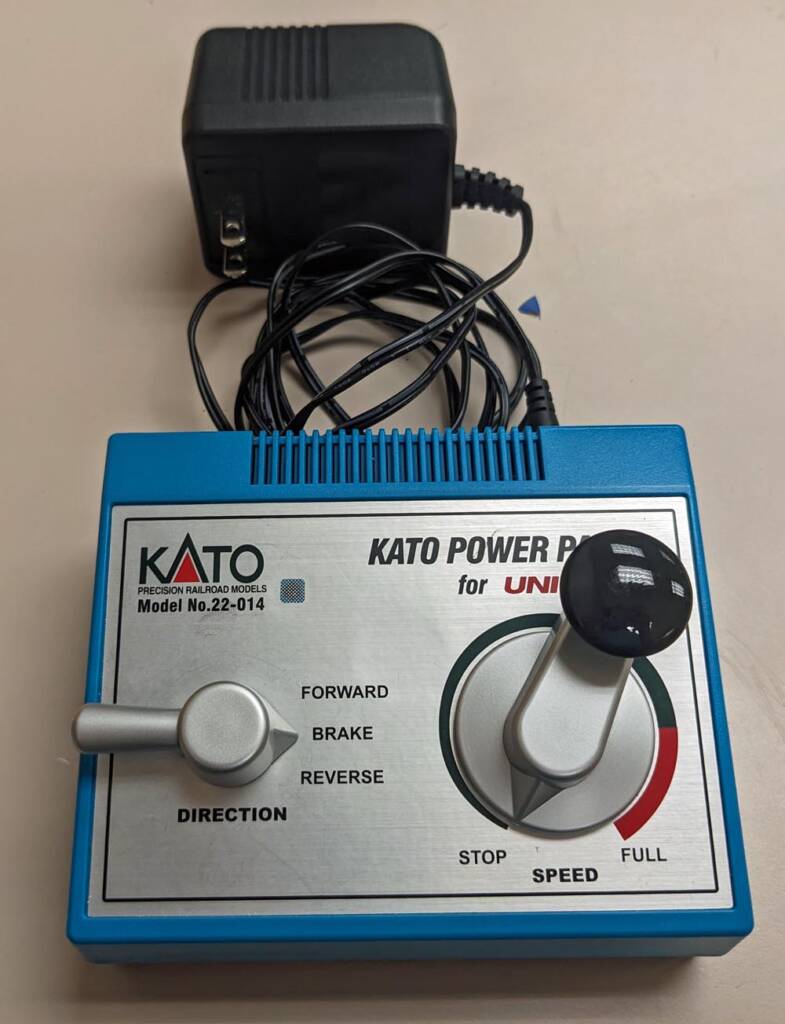
Though multiple manufacturers offer power packs meant for model railroads, three main companies currently offer the packs as separate-purchase items: Model Rectifier Corp., Kato USA, and Bachmann Trains. If you choose to use direct-current control instead of Digital Command Control (DCC) on your layout, buying a DC power pack (or power supply) that fits your […]
Read More…
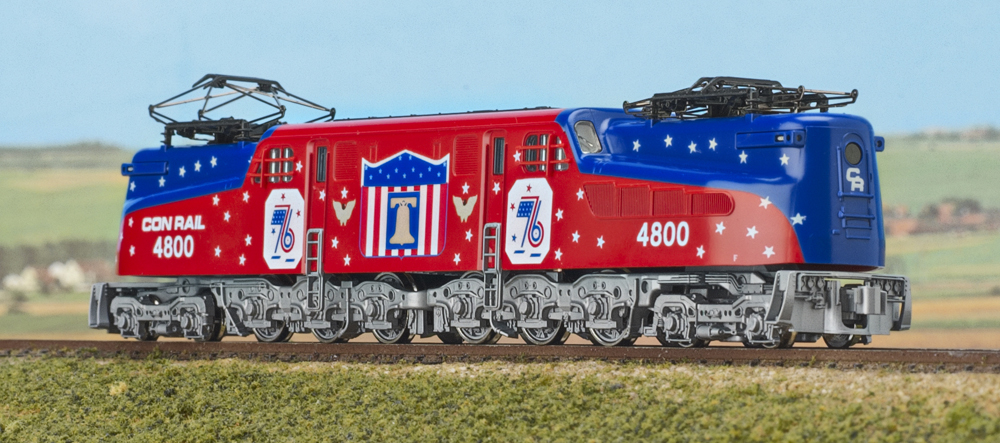
With Independence Day just around the corner, we thought it would be fun to take a look back at some N and HO scale locomotive models in Bicentennial paint schemes. As the 200th birthday of the United States approached, numerous prototype railroads renumbered and repainted locomotives in patriotic schemes to pay tribute to the nation. […]
Read More…
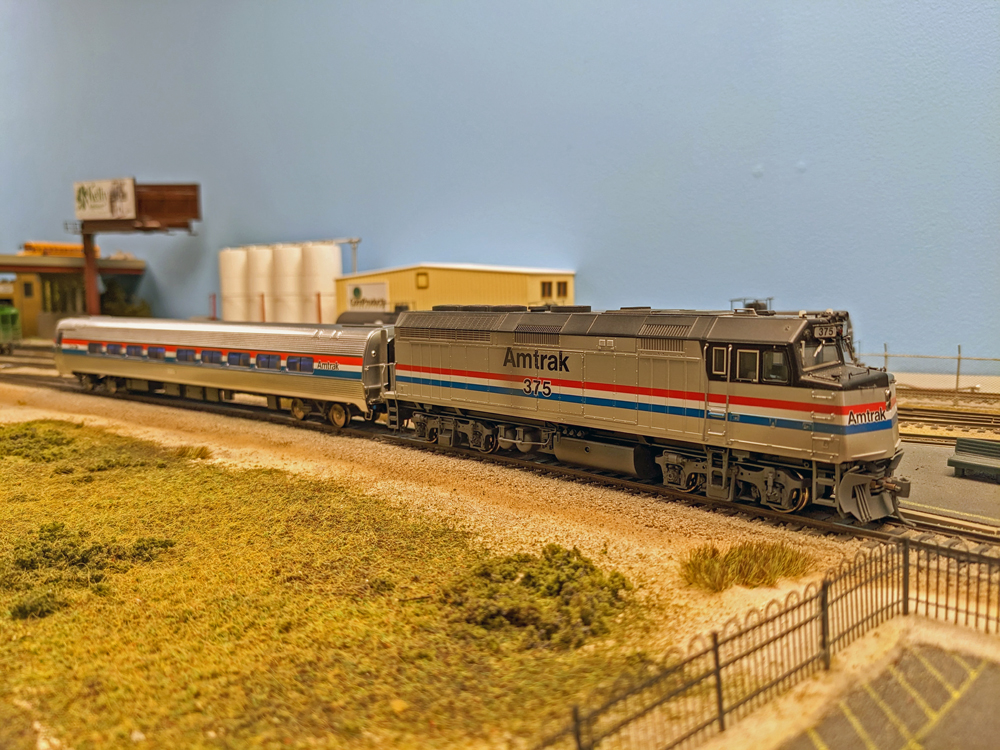
Throughout the past few months, I have shown you how different small Amtrak trains can be modeled with only a few pieces of equipment. If you’ve read those previous articles, you might have noticed a pattern. Amtrak trains that operate between a big city and a much smaller city or town, such as Chicago and […]
Read More…
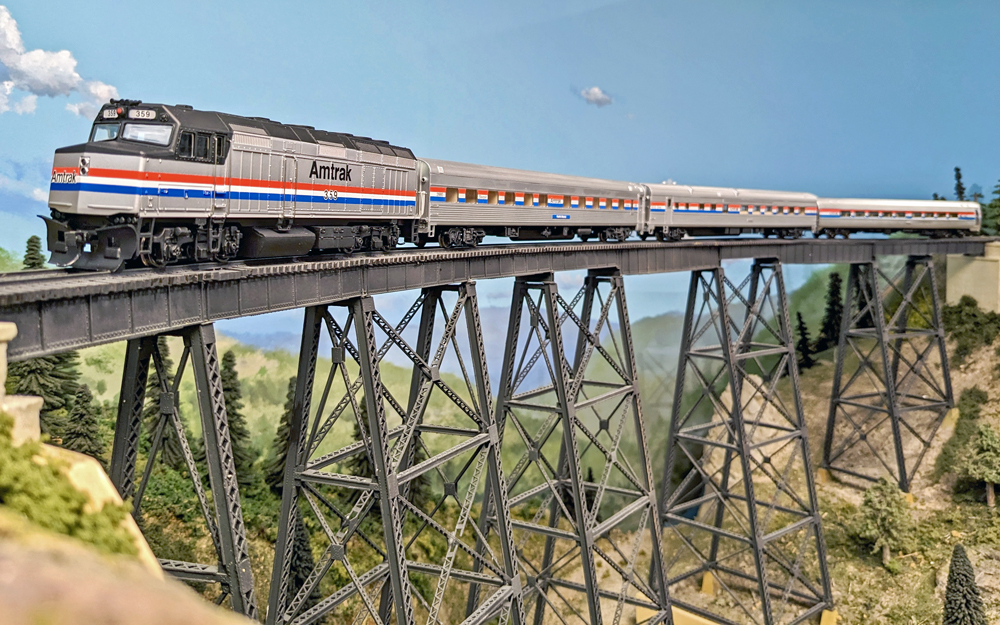
On May 1st, 1971, the National Railroad Passenger Corporation, or Amtrak, was formed. On this 52nd anniversary, I thought we should take a look at small Amtrak trains from the start. If you want to learn about how to model modern short Amtrak consists, check out my previous article. Instead of focusing on two individual […]
Read More…
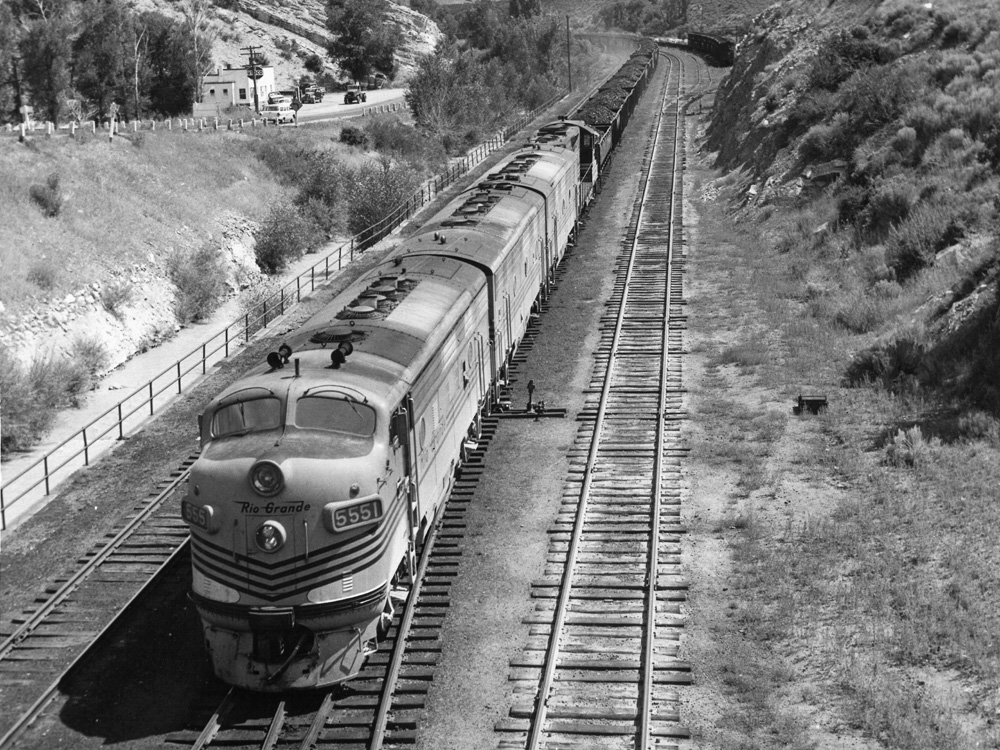
Q: What diesels to pull a 50s coal train? I’m building an “N” scale layout set in the 1950s. I plan to run two loops independent of the rest of the layout, up high, at the back. One loop will have a train running counter-clockwise, consisting of a locomotive and four loaded coal hoppers. When […]
Read More…
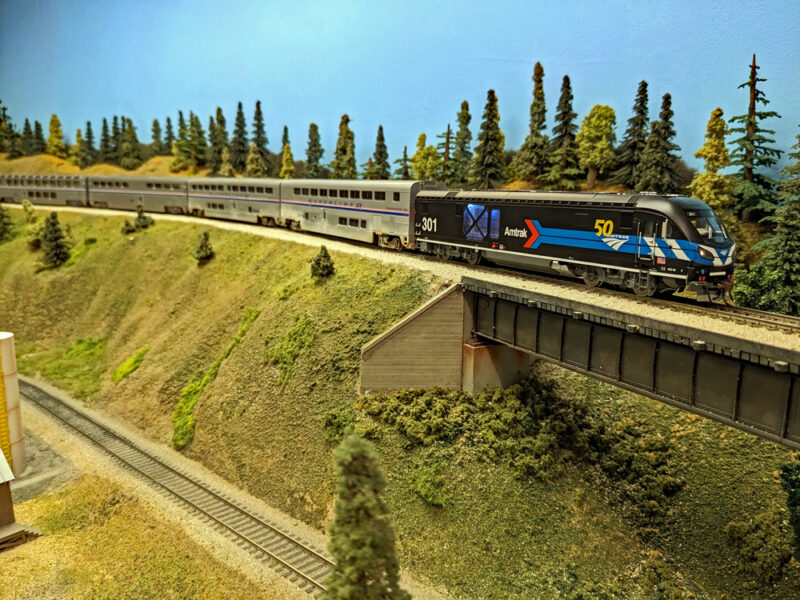
If you love traveling around the country on the rails like I do, you probably want to know how to model modern Amtrak passenger train consists. Amtrak’s consists vary between regions and train-by-train. For instance, there is a height limit in the New York City area so any train going in or out of New […]
Read More…












